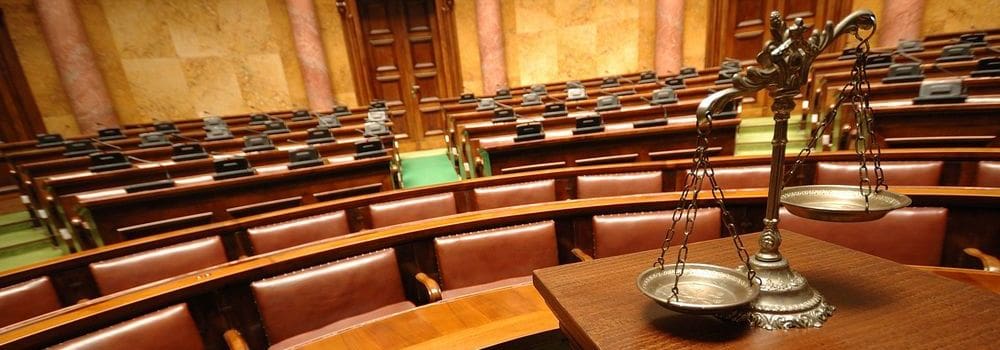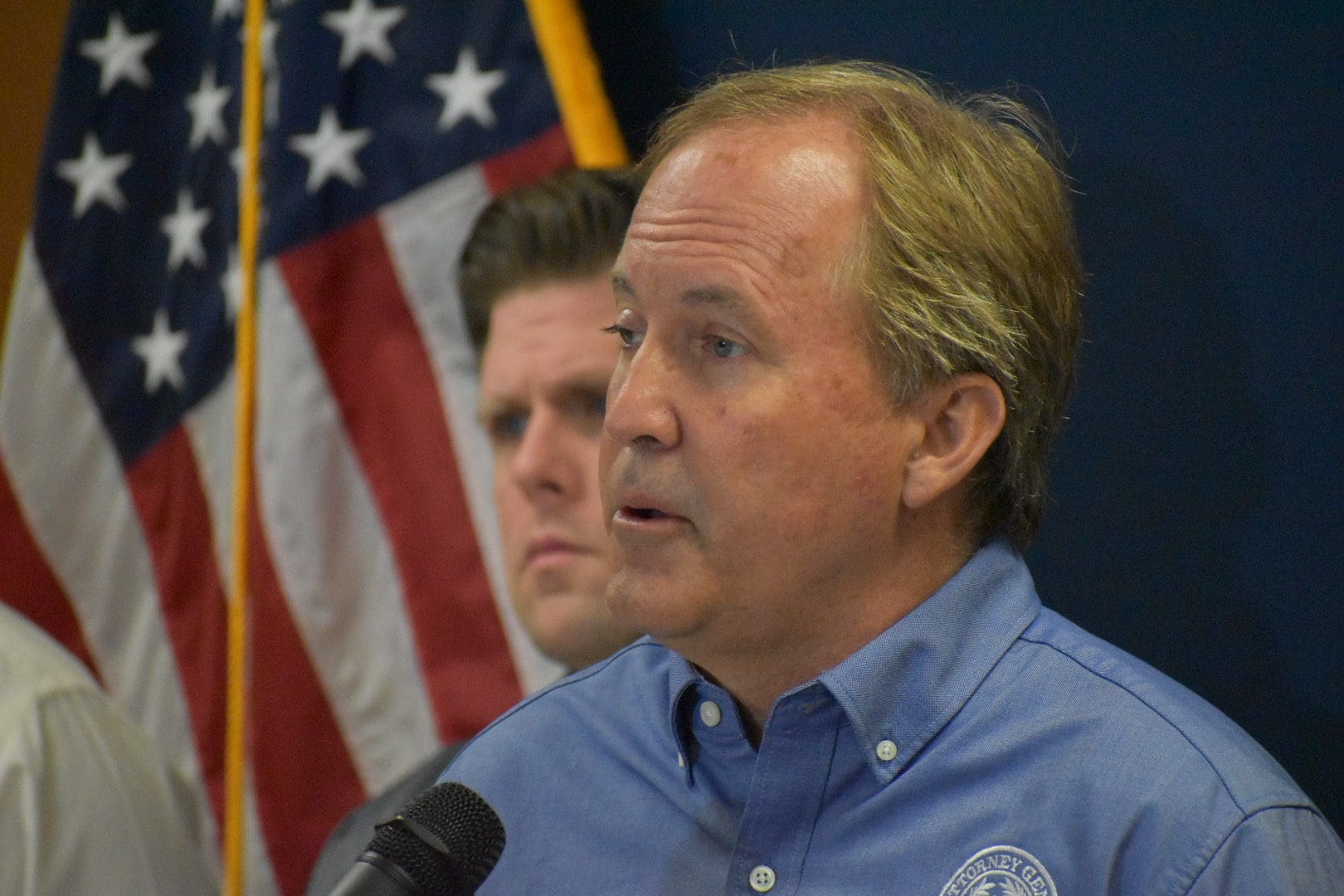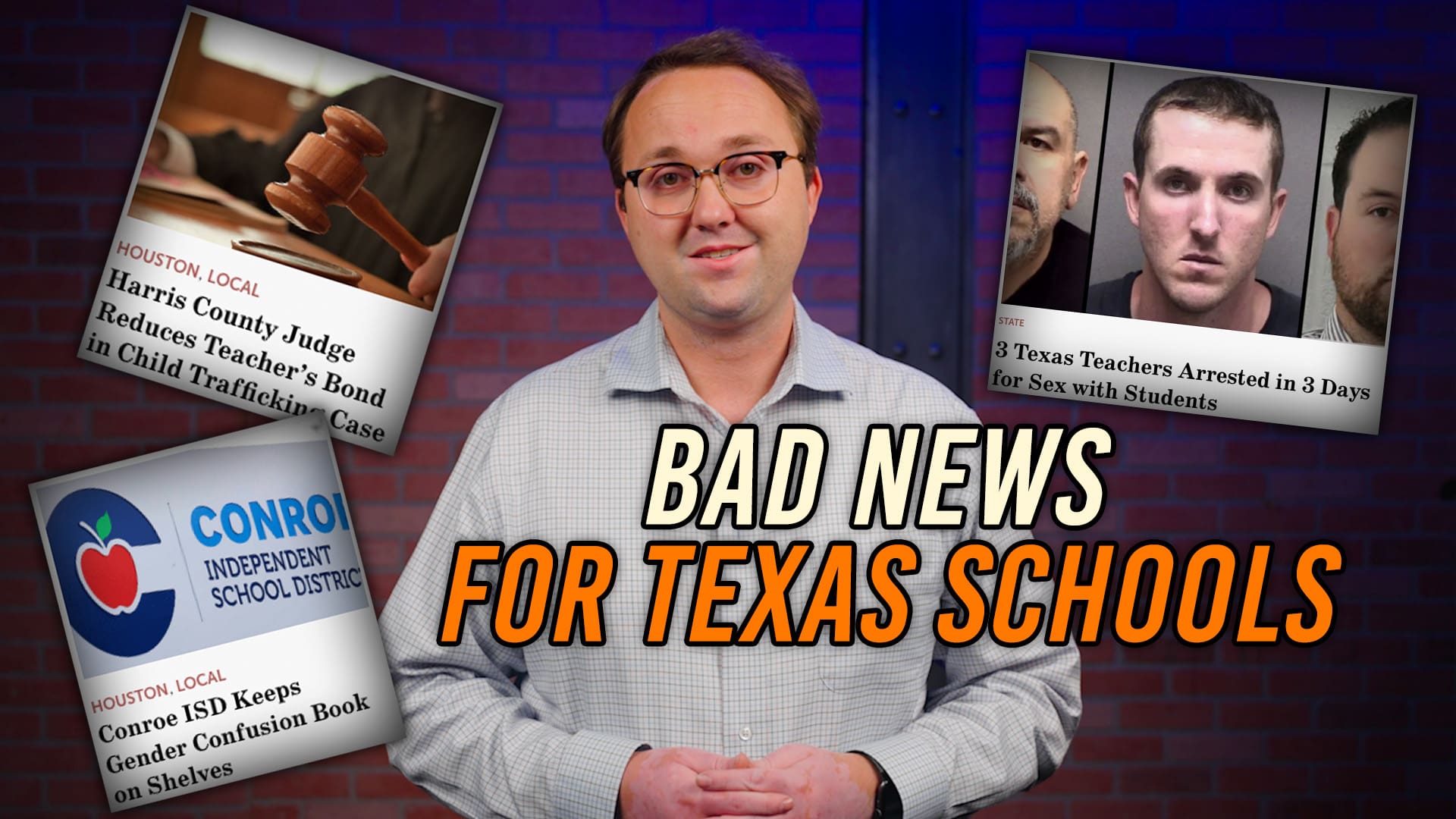The decision comes after Doyal and his attorney, Rusty Hardin, have sought to delay the trial date. The court was originally scheduled to hear arguments back in November 2017. They are now expected to make a decision by January 24th of this year.
The court stated, “considering the accelerated status of this case and the extensive briefs filed by the attorneys for the parties, the court has concluded that oral arguments would not significantly aid the court in determining the legal and factual issues presented in this appeal.”
In June 2016, Doyal, Riley, and Davenport were indicted on a charge of conspiring to circumvent the Texas Open Meetings Act after they conducted secret deliberations about a road bond. The charges were later dismissed when activist judge Randy Clapp decided to throw out parts of TOMA as “unconstitutional”. However, the state appealed Clapp’s decision, arguing that TOMA is indeed necessary for transparency in government, and requested that the Ninth Court of Appeals reinstate the indictments.
In an unprecedented move, Texas Attorney General Ken Paxton filed a “friend of the court” brief siding with the prosecution. Paxton argues that TOMA is important for keeping officials open and accountable, and “is narrowly tailored to promote Texas’s compelling interest in good governance.”
In accelerating the case, the court will likely make a decision before the March 6th primary, where Doyal is facing a tough re-election battle against State Rep. Mark Keough, and Riley is in a three way race against challengers Brian Dawson and Greg Parker. Davenport’s wife, the Montgomery County treasurer, is also facing a challenge from Conroe ISD Board President Melanie Bush.




